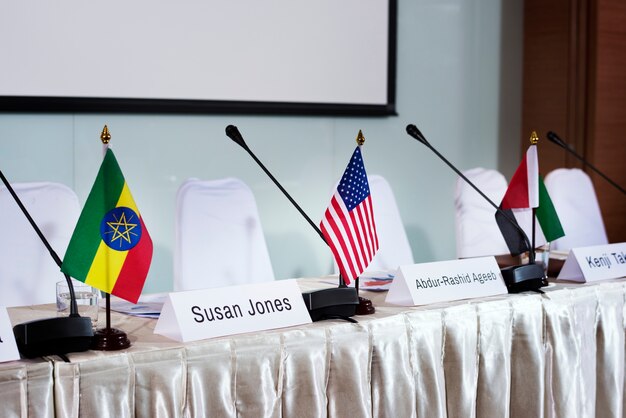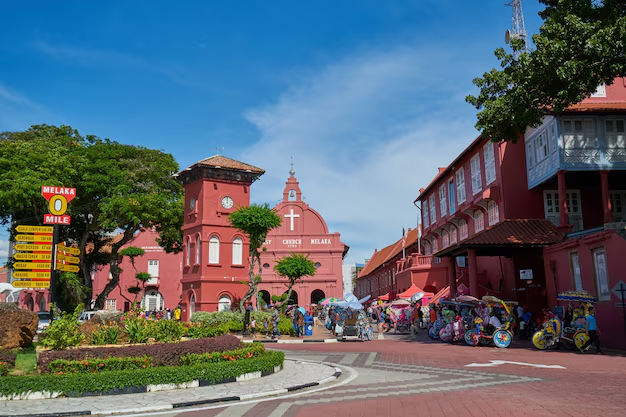
The Politics of Israel
Israel, known officially as the State of Israel, is a democratic nation situated in the Middle East, bordered by the Mediterranean Sea. Since its independence in 1948, Israel’s political landscape has been molded by its historical experiences, religious diversity, ongoing regional conflicts, and democratic governance. The political environment is marked by complex internal and external factors.
Government Structure
Israel functions under a parliamentary democracy divided into three key branches: executive, legislative, and judicial.
- Executive Branch:
- The Prime Minister serves as the head of government, managing the day-to-day operations and policy decisions.
- The President holds a ceremonial position, representing the state in official capacities with limited authority.
- The cabinet, comprising various ministers, assists in policymaking and administration.
- Legislative Branch:
- The Knesset is Israel’s single-house legislature with 120 members, elected through proportional representation.
- Coalition governments are typical due to the diversity of political parties and the proportional voting system.
- Judiciary:
- An independent judicial system ensures the rule of law, with the Supreme Court being the highest authority.
- The judiciary plays an essential role in protecting democratic principles and individual rights.
Major Political Parties
Israel’s political arena is diverse, featuring a wide range of parties from across the ideological spectrum:
- Likud: A leading right-wing party, emphasizing national security and conservative economic policies.
- Yesh Atid: A centrist party focusing on secular governance, economic reforms, and social equity.
- Labor Party: Historically significant, known for its socialist roots, though its influence has decreased over time.
- Shas and United Torah Judaism: Religious parties advocating for the interests of the ultra-Orthodox Jewish community.
- Arab Parties (e.g., Joint List, Ra’am): Representing the Arab minority, focusing on civil rights, equality, and social justice.

Key Political Challenges
- Israeli-Palestinian Relations:
- This longstanding conflict remains central to Israeli politics, affecting both domestic and international policies.
- Key issues include territorial disputes, the status of Jerusalem, security concerns, and peace negotiations.
- National Security:
- Security concerns dominate the political agenda, influenced by regional instability and threats from groups like Hezbollah and Hamas.
- Compulsory military service highlights the importance placed on defense.
- Secular-Religious Divide:
- Ongoing tensions exist between secular and religious segments of society, especially regarding civil laws, military exemptions, and education.
- Economic Issues:
- Israel boasts a robust tech industry but faces challenges like income inequality, high living costs, and housing shortages.
- Minority Rights:
- Political discussions often address the rights and integration of minority groups, including Arab citizens, Ethiopian Jews, and others.
Foreign Policy and International Relations
Israel’s foreign relations are dynamic, shaped by historical alliances and contemporary diplomatic efforts:
- United States: Israel’s strongest ally, providing strategic, military, and diplomatic support.
- Arab Nations: The normalization of relations with countries like the UAE and Bahrain through agreements such as the Abraham Accords reflects shifting regional dynamics.
- Iran: Viewed as a significant security challenge due to its nuclear program and regional influence.
Recent Political Developments
In recent years, Israel has faced political turbulence, characterized by frequent elections and difficulties in forming stable coalitions. Key events include corruption allegations against former Prime Minister Benjamin Netanyahu, debates over judicial reforms, and widespread social protests.

Conclusion
Israel’s political system reflects its diverse society, complex history, and strategic position in global affairs. Despite challenges, its democratic institutions remain resilient, continually evolving to meet the needs of its people and the demands of a changing world.




